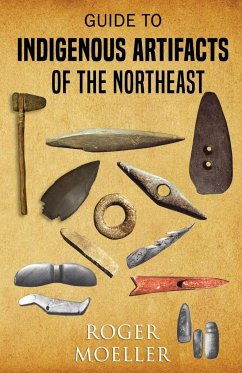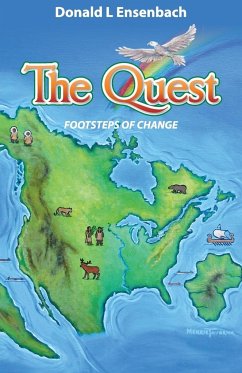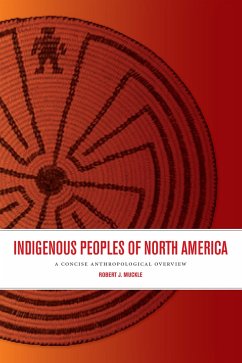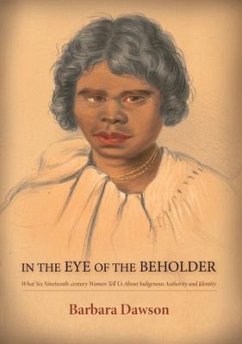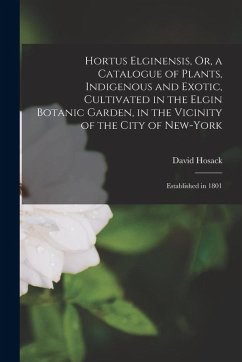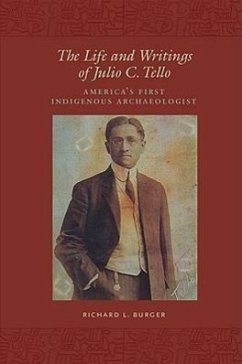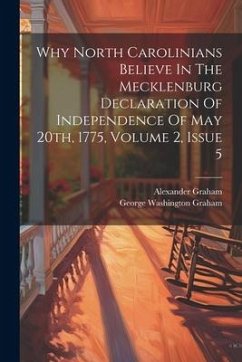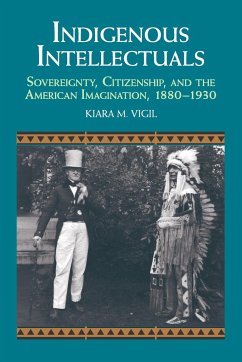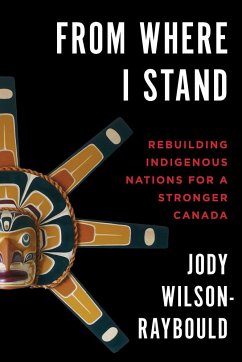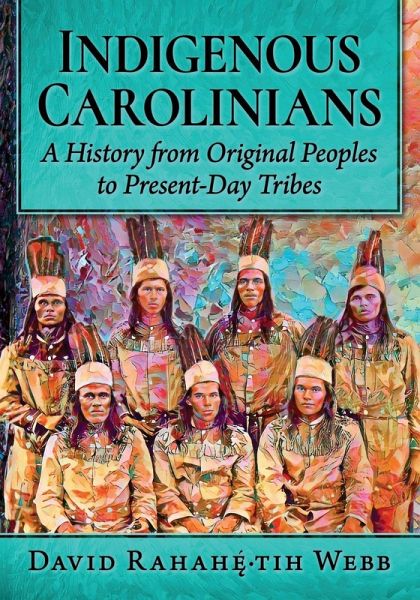
Indigenous Carolinians
A History from Original Peoples to Present-Day Tribes
Versandkostenfrei!
Erscheint vorauss. 7. Oktober 2025
42,99 €
inkl. MwSt.

PAYBACK Punkte
21 °P sammeln!
"Utilizing traditional academic and Indigenous research methodologies, this comprehensive work decolonizes our understanding of Carolina's Indigenous People of yesterday and today and presents the complete histories and cultures of the region's First Peoples. The author, enrolled Tuscarora citizen David Rahahetih Webb, shares the unique insights and perspective of an Indigenous author, historian, scientist, educator, artist, and community culture keeper as he examines the oral histories, languages, and cultures of four diverse ethnolinguistic groups. [The ancestors of today's tribal communitie...
"Utilizing traditional academic and Indigenous research methodologies, this comprehensive work decolonizes our understanding of Carolina's Indigenous People of yesterday and today and presents the complete histories and cultures of the region's First Peoples. The author, enrolled Tuscarora citizen David Rahahetih Webb, shares the unique insights and perspective of an Indigenous author, historian, scientist, educator, artist, and community culture keeper as he examines the oral histories, languages, and cultures of four diverse ethnolinguistic groups. [The ancestors of today's tribal communities belonged to the pre-contact nations between the Rappahannock River of present- day Virginia and the Edisto River of South Carolina.] Although among the first to be colonized on this continent, rather than disappearing, these groups underwent ethnogenesis and adapted. They joined the newcomers in commerce, love, and war. They partnered with politicians, married traders, and other free people. They fought in wars beside and against the colonists and formed alliances that would divide ancient kinships. Throughout this time, they were disenfranchised, persecuted, and all but erased by the newcomers. Powerful and sophisticated societies found themselves as stateless diasporic refugees, coalesced into small bands where they spoke English. Except for the Catawba, Tuscarora, and remnants on a few reservations, their tribal identities faded, and they collectively referred to themselves as their race - Indian. After reorganizing their tribal governments in the twentieth century, they reawakened their identities and reclaimed their heritage. This is their complete journey"-- Provided by publisher.



